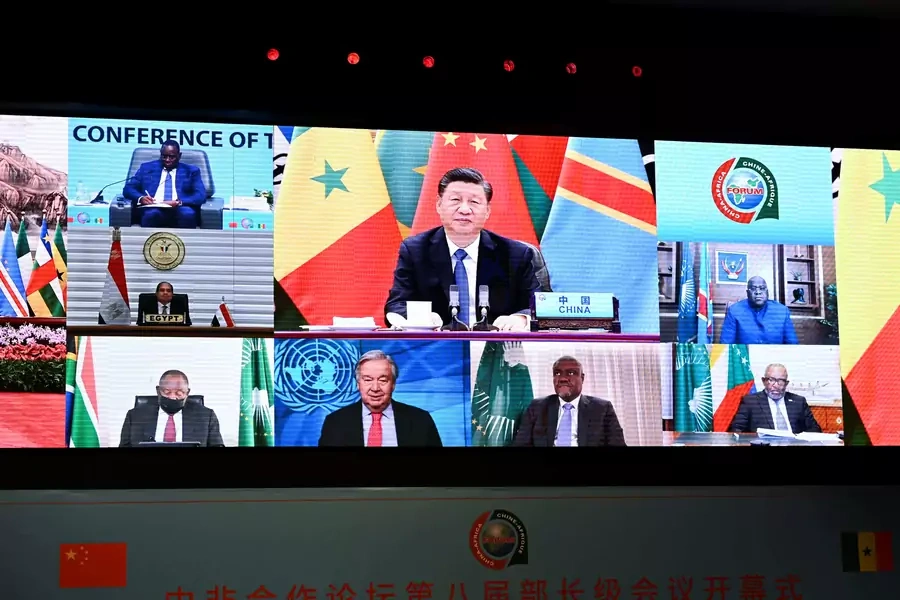China’s Digital Silk Road and Africa’s Technological Future

The Chinese government introduced the Digital Silk Road (DSR) in a 2015 white paper as a component of its Belt and Road Initiative (BRI). It is essentially the technology dimension of the BRI and encompasses all things technology related, from “the development of the digital service sector, such as cross-border e-commerce, smart cities, telemedicine, and internet finance,” to accelerating “technological progress including computing, big data, Internet of Things, artificial intelligence, block chain, and quantum computing.”
Hitherto driven mainly by Chinese private companies and seen largely as a branding tool for Beijing to promote its global vision of technology, the DSR is increasingly becoming a central part of the BRI, and the Chinese government is increasingly taking a strategic approach to it. At the first BRI forum in Beijing in May 2017, Chinese leader Xi Jinping emphasized the role of the DSR within BRI, calling for international cooperation in the areas of digital economy and the integration of new technologies such as AI, cloud computing, smart cities, quantum computing, big data, and nanotechnology into the BRI to foster innovation-driven development. With the DSR, Beijing aims to facilitate Chinese companies’ participation in the development of information and communication technologies globally, to increase China’s capacity and influence in setting global technology standards and cyber governance norms, to enable Beijing to influence global discourse on China, and to accelerate China’s ascent to global technology leadership. These efforts start with improving digital connectivity in (and with) countries participating in the BRI.
More on:
For the full paper about the influence of the DSR in Africa, see here.
More on:
Motolani Agbebi is University Teacher at the Faculty of Management and Business, Tampere University, Finland.
 Online Store
Online Store